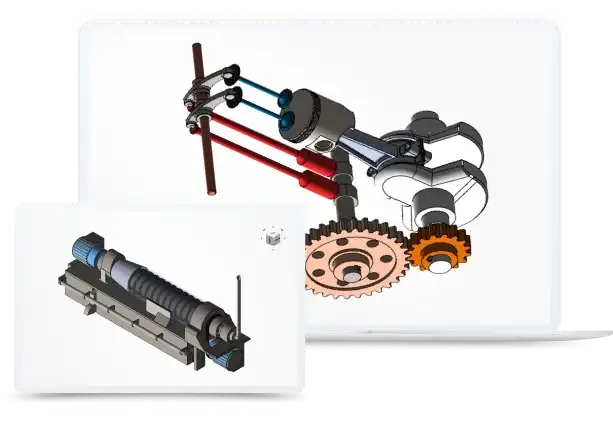
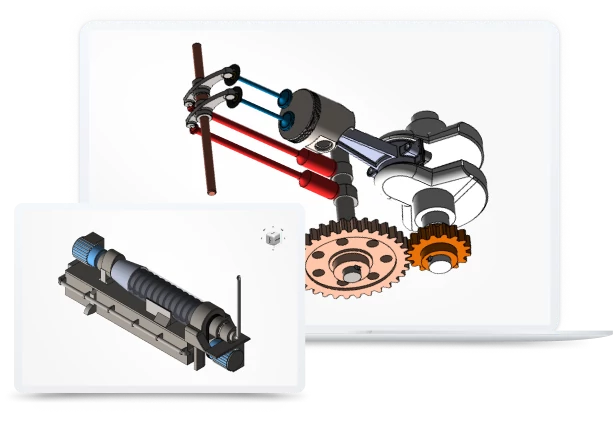
How to convert IAM
to FBX?
- Applications for end-users.
- SDK's and tools for software developers.
- Custom development services for businesses.
Trusted by industry leaders







Convert IAM to FBX with CAD Exchanger products

CAD Exchanger Lab
Desktop application to view, explore and convert 3D CAD data across 30+ file formats.
Convert IAM to FBX with ease and flexibility:
- hide certain details and groups before conversion
- add XYZ section planes
- explode assemblies
- choose between view, projection, and selection modes
- add measurements
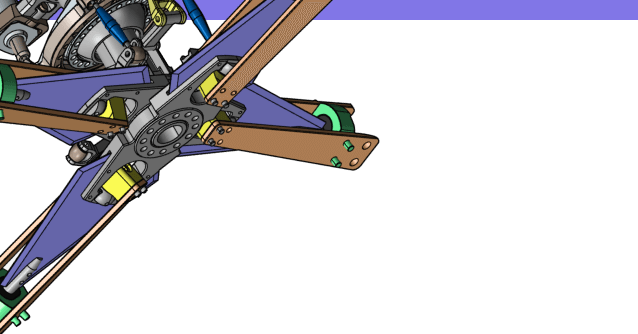
CAD Exchanger SDK
Software libraries for C#, C++, Java, Javascript and Python.
Include a wide range of conversion options in your apps:
- rapidly build production-ready applications with clear and structured API
- import, export, visualize and analyze 3D CAD files, including IAM and FBX
Learn how to convert IAM to FBX with CAD Exchanger
IAM
An IAM file is an assembly model created with Inventor CAD and engineering software by Autodesk.
The IAM format comprises parts and subassemblies linked through assembly relationships. A subassembly in an IAM file is a self-contained unit with its collection of parts.
The .iam extension of an Autodesk Inventor Assembly Data File can be viewed using the following software: Autodesk Inventor / Inventor View, and Spaceclaim Engineer software. Autodesk Viewer web application and Fusion 360 integrated CAD / CAM / CAE software environment can import and render an assembly model created with Inventor.
FBX
The FBX format, also known as FilmBox, is a flexible file format that finds extensive use in the entertainment industry for storing 3D models, animations, and associated digital assets. Created by Autodesk, it is commonly employed in video games, movies, and VR applications. FBX files act as comprehensive repositories, preserving essential details such as 3D shapes, textures, animations, and more.
Support of FBX in CAD Exchanger
CAD Exchanger can import any FBX files and export FBX files of version 7.2, 7.4, and 7.5 in Binary and ASCII format. Such support includes:
- polygonal representations;
- assembly structure;
- names;
- colors, materials, textures.
Follow this link to check out all the CAD Exchanger products.
Pros of the format
Versatility and Compatibility
One of the major advantages of this format is its versatility and compatibility. FBX files can be easily shared and utilized across various softwares, making it convenient for collaboration between designers and game developers. FBX guarantees effortless transfer and utilization of 3D models and animations across diverse software environments.
Comprehensive Data Storage
FBX files store a wide range of information related to 3D assets, providing a comprehensive solution for content creators. This format allows you to store geometry, textures, animations, lighting, materials, and more in a single file. This comprehensive data storage capability simplifies asset management, ensuring that all the necessary components are packaged together and can be easily accessed or modified as needed.
Cons of the format
Proprietary Format
One of the drawbacks of FBX is that it is a proprietary file format owned by Autodesk. This means that the specifications of the format are not publicly available, making it more challenging for third-party developers to create software that fully supports FBX. While Autodesk provides an SDK for FBX, the closed nature of the format can sometimes limit interoperability with certain software applications.
Large File Sizes
FBX files can sometimes be quite large, especially when they contain complex geometry, high-resolution textures, or numerous animations. This can pose challenges when it comes to file storage and transfer, particularly for projects with limited bandwidth or storage capacity. Files may require additional time and resources for processing, potentially impacting workflow efficiency.
FAQ
Is FBX format specification publicly available?
While the complete specification is not publicly available, Autodesk provides an SDK Programmer's Guide that allows developers to work with FBX files and access the necessary information.
What are .fbx file extensions?
This file format itself does not require any specific sub-extensions, as the ".fbx" extension alone is sufficient to identify the file as an FBX file.
How to open an .fbx file?
To open this file, you will need a compatible software application, for example, CAD Exchanger Lab. Launch the software and navigate to the 'New file' option. Browse your computer's directories and locate the .fbx file you want to open. Then select it and click "Open". Once the import process is complete, the .obj file should be loaded into the software, allowing you to view and interact with the 3D model and associated data.
History of FBX format
FBX was initially developed by Kaydara, a Canadian software company, in the late 1990s. The purpose behind creating FBX was to provide a universal file format that could facilitate the exchange of 3D content.
In 2006, Autodesk, a leading software company, acquired Kaydara and took ownership of this format. Autodesk continued to develop and enhance this format, expanding its capabilities and compatibility with their various software applications such as Autodesk Maya and MotionBuilder. With Autodesk's support and resources, FBX gained even more traction and became widely adopted in the industry.
Throughout its evolution, FBX has expanded its capabilities to encompass an extensive array of features. These include geometry, textures, animations, cameras, lights, materials, and more. As a result, it has emerged as a widely accepted format for exchanging 3D assets, not just within Autodesk software, but also across diverse software applications from different vendors.
Convert IAM
to FBX
Need to work with CAD files in numerous formats? No worries.
From IAM to FBX, CAD Exchanger gets you covered.
What Our Delighted Customers Say
Frequently Asked Questions
From Our Blog
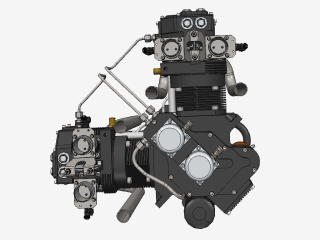
Everything you need to know about CAD file formats
A CAD file is an output of a CAD software, containing key information about the designed object: its geometry and topology representation, 3D model hierarchy, metadata, and visual attributes depending on the format of the file.
Read more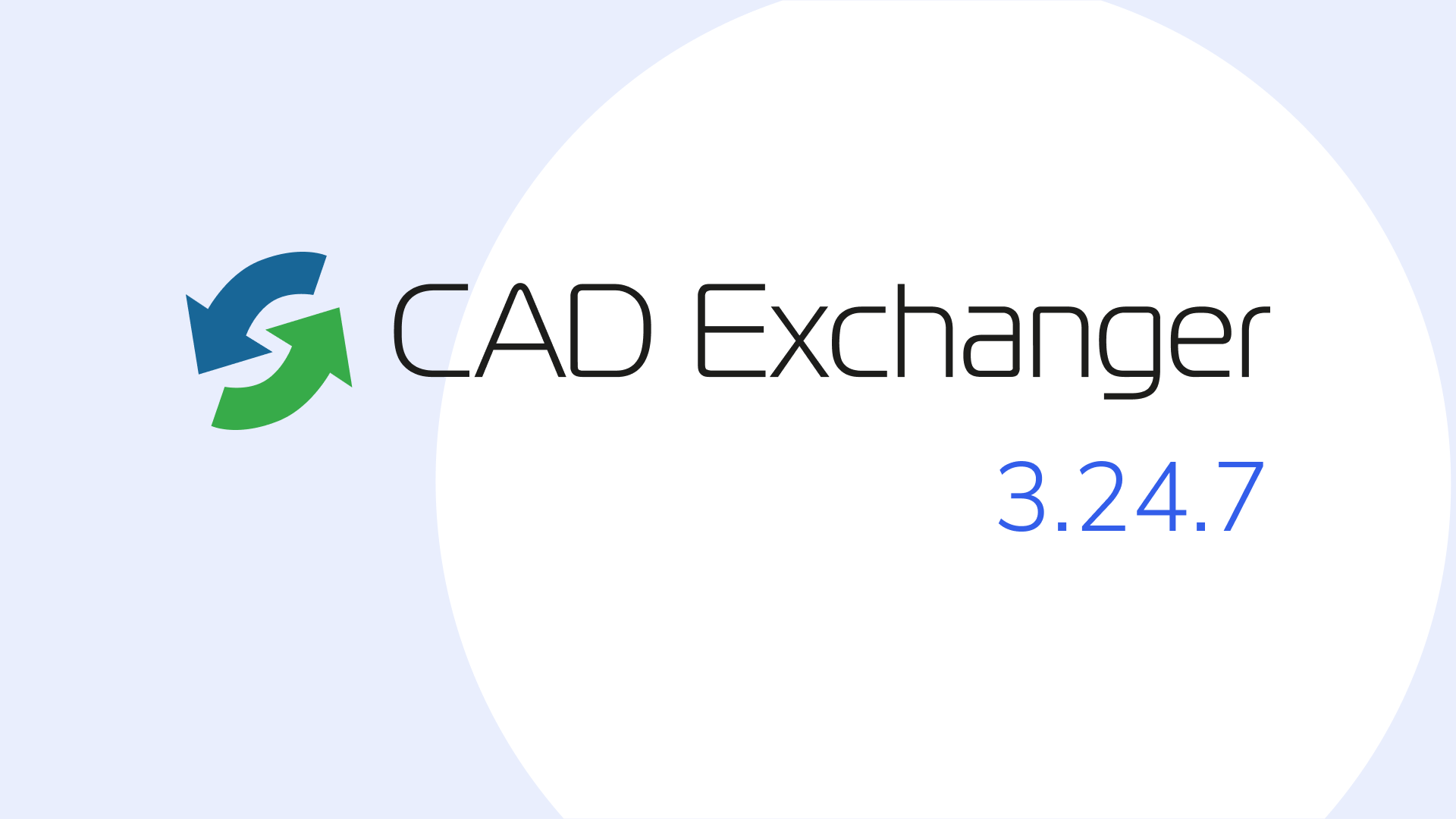
Support of new format versions in CAD Exchanger, new nesting functionality, and updated processes in Manufacturing Toolkit in release 3.24.7
Read the latest versions of Inventor, Creo, and NX files in CAD Exchanger SDK and Lab. Try a new nesting functionality and improved sheet metal unfolding, explore new CNC machining features in Manufacturing Toolkit.
Read more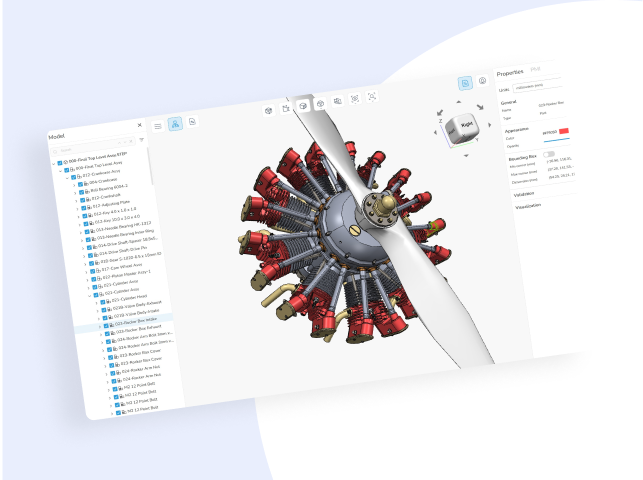
3D formats overview: Autodesk Inventor
This article dives deep into the details of Autodesk Inventor file format, providing an understanding of its native .ipt and .iam file extensions, as well as its powerful B-Rep representations and assembly structures.
Read more